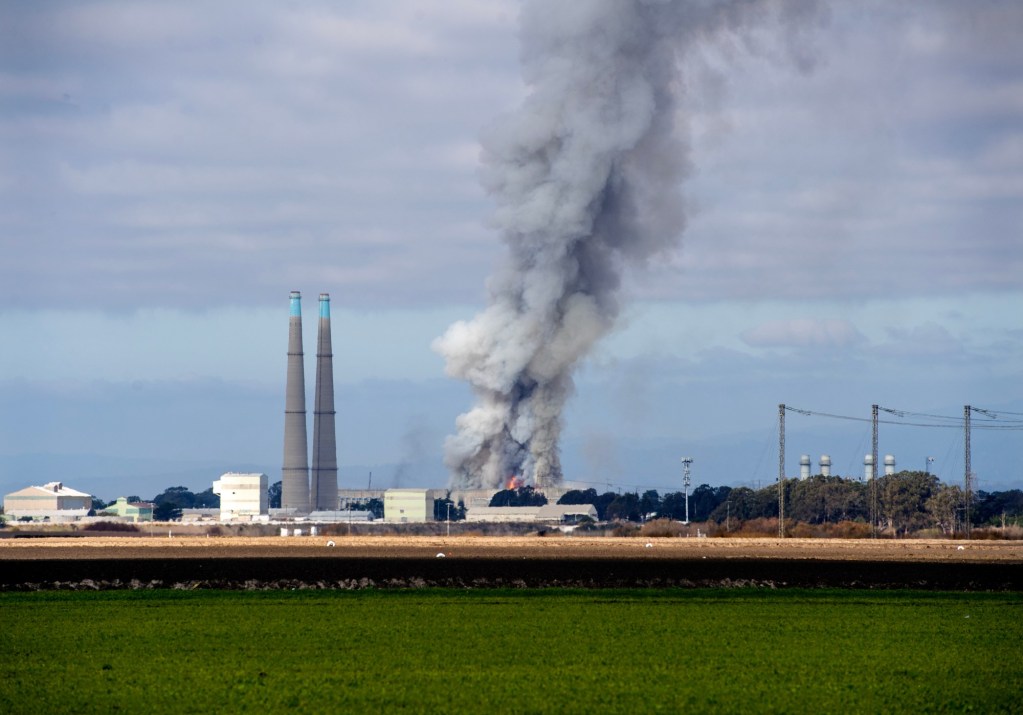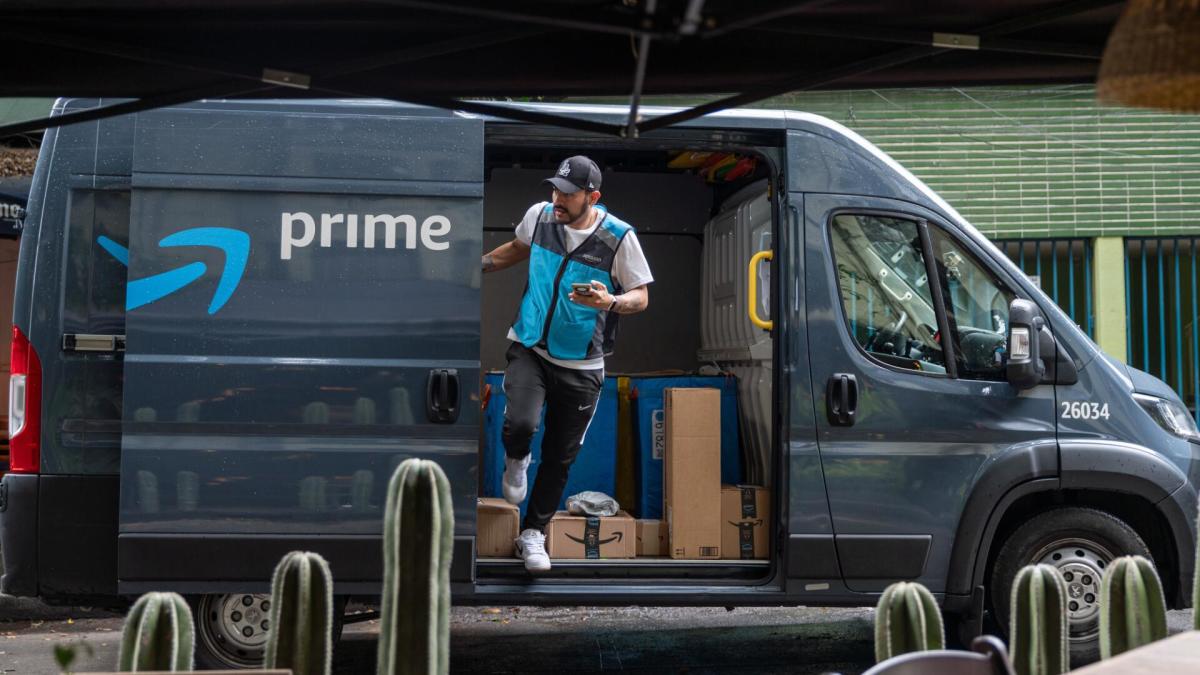In response to concerns over public safety following a significant fire at a battery storage facility, officials in Monterey County are contemplating a moratorium on new battery plants. This proposal comes nearly nine months after a fire at the Moss Landing facility, owned by Vistra, raised alarms about the safety of such installations in urban areas.
The fire, which occurred on January 16, 2023, was the largest battery storage fire in the United States, burning for two days and destroying over 50,000 lithium-ion batteries. The incident generated a toxic cloud that prompted the evacuation of approximately 1,200 residents, many of whom later reported health issues including headaches and respiratory problems. The aftermath has spurred a reevaluation of how California manages battery storage amidst its ambitious renewable energy goals.
Glenn Church, a Monterey County Supervisor whose district encompasses Moss Landing, is advocating for the proposal. He hopes that this initiative will serve as a model for other cities and counties throughout California, where the rapid expansion of battery facilities is often in close proximity to homes, schools, and businesses. “California is going to need more battery facilities,” Church stated. “But we need to make them safe. They are very volatile. It’s a new technology that’s evolving.”
The proposed moratorium would be discussed by the Monterey County Board of Supervisors on Tuesday, with the aim of drafting new regulations governing the construction and operation of battery plants. If approved, it could take one to two years to develop comprehensive guidelines addressing fire safety, emergency management, and cleanup protocols following incidents.
Similar measures have been adopted in other regions of California. Last year, Solano County enacted a moratorium on new battery storage facilities amid local safety concerns. Although this ban was lifted in August, new rules were established requiring that such facilities be built only on land designated for industrial use. Additionally, Orange County implemented an emergency moratorium on large-scale battery storage following the Moss Landing fire while developing local regulations.
While some local advocates support the moratorium, opposing voices are emerging from within the renewable energy sector. Molly Croll, Senior Policy Director for the American Clean Power Association, cautioned against blanket bans on renewable energy sources. “Blanket bans on any source of clean power are the wrong approach for California at a time when electricity demand is rising,” Croll noted, emphasizing the importance of balancing safety and the need for renewable energy.
The demand for battery storage has surged in California, with the number of facilities increasing from 17 in 2019 to 187 today. These installations play a crucial role in enabling renewable energy sources like solar and wind to provide power around the clock, storing energy for use when generation is low. The state has set a target to achieve 100% of its electricity from renewable and carbon-free sources by 2045.
Community advocates near the Moss Landing facility have expressed support for the proposed moratorium due to concerns about the risks associated with lithium-ion technology. “Once these things catch fire, the emissions are incredibly harmful to living creatures,” said Brian Roeder, co-founder of the community group Never Again Moss Landing. He highlighted the long-term health impacts that could arise from exposure to toxic emissions.
The debate over battery storage regulation has also reached the state Legislature. A bill sponsored by Dawn Addis, a Democratic Assemblywoman from San Luis Obispo, sought to prohibit the construction of new battery storage plants within 3,200 feet of sensitive areas such as homes and schools. This bill, AB 303, however, did not advance in the Democratic-controlled Legislature.
In contrast, Governor Gavin Newsom recently signed SB 283, a bill supported by the energy industry and labor unions. This legislation mandates that energy companies collaborate with local fire officials to develop emergency response plans and to undergo inspections prior to commencing operations. Croll emphasized that this law, alongside the anticipated model ordinances from the state, will help maintain grid reliability while ensuring community safety.
As Monterey County moves forward with its deliberations, the outcome could significantly influence the future of battery storage development across California, balancing the urgent need for renewable energy with essential safety measures.







